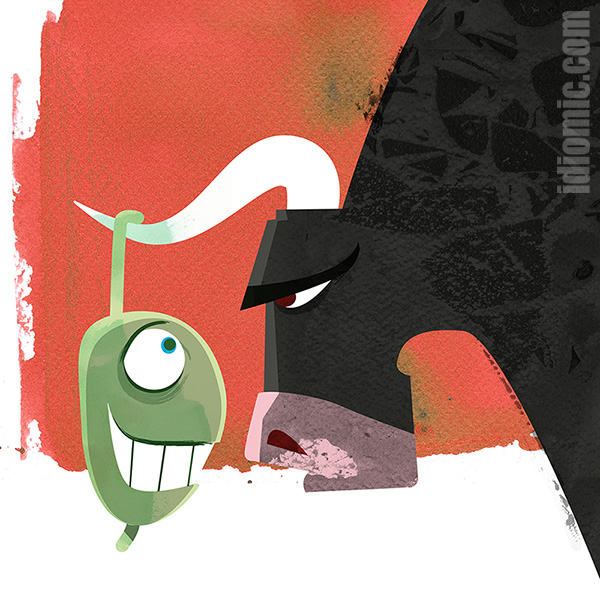Definition: A very, very long time.
Example: Surveying the damage after the party, Martin realised it would take a month of Sundays to get it all cleared up, especially that stuffed moose head stuck in the toilet.
Origin:
To dig deeper into the origin of this idiom, we need to define its meaning mathematically. A Month of Sundays is not just a very, very long time. It the calendar period it would take to rack up 30 or 31 Sundays, namely 30 or 31 weeks.
The phrase first appears in print in 1759, during a time when the Sabbath was observed much more closely then than it is today. Not only was it a day of rest as it is still considered to be in Christian societies now, it was strictly enforced. You were not meant to work, you were required to attend church, give thanks, and not allowed to indulge in any pleasures. Puritanical societies considered music, drinking, feasting, dancing, and almost any other activity out of bounds on the Sabbath.
Iddy thinks the portrait of Whistler’s mother, painted a hundred years later, probably sums up Sundays under those conditions. Dress in black. Frown. Sit quietly and stare at the wall. Make sure you are sitting in a normal chair, not a rocker. Rocking on a Sunday would be too much like fun.
Sundays would be very boring indeed. A month of Sundays would be interminably long.
Co-incidentally, those 30 weeks are about the same length as a typical pregnancy. Iddy wonders if there’s a connection. I think most mothers would agree those nine months feel very long indeed!
Iddy’s mother doesn’t agree. Iddy was a bit slow. He took a year and a half to make his appearance. That’s two months of Sundays.











